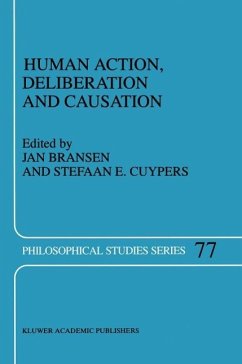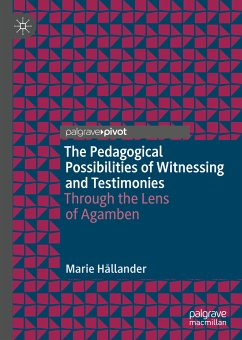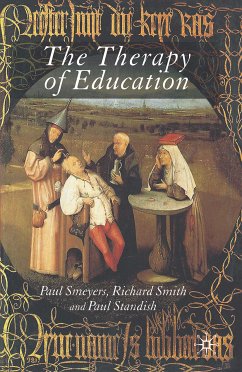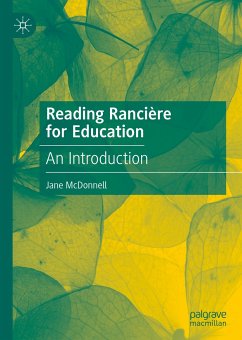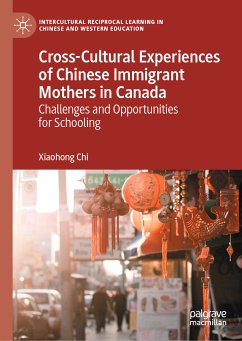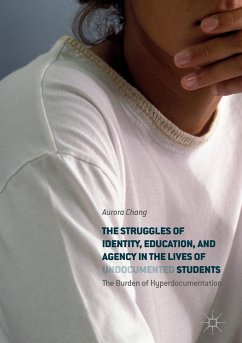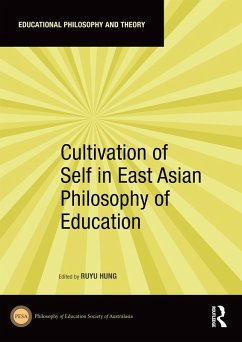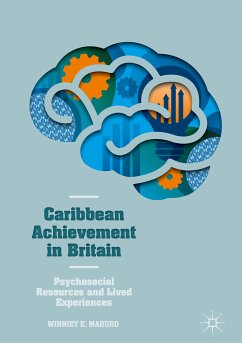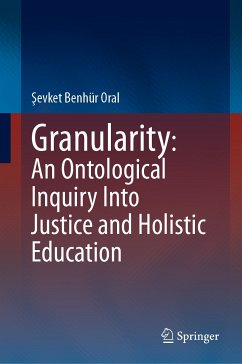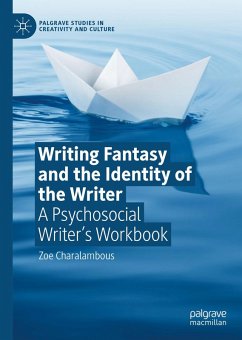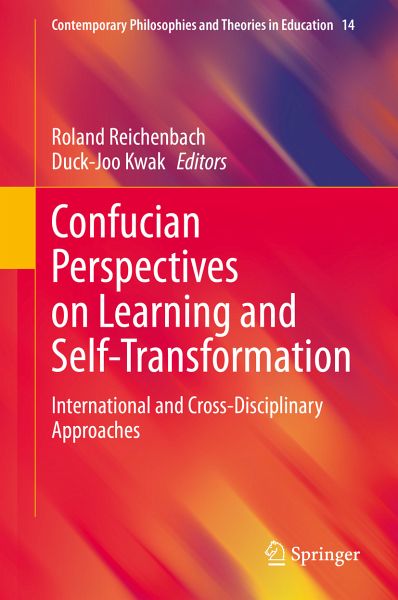
Confucian Perspectives on Learning and Self-Transformation (eBook, PDF)
International and Cross-Disciplinary Approaches
Redaktion: Reichenbach, Roland; Kwak, Duck-Joo
Versandkostenfrei!
Sofort per Download lieferbar
104,95 €
inkl. MwSt.
Weitere Ausgaben:

PAYBACK Punkte
52 °P sammeln!
This book bridges the regions of East Asia and the West by offering a detailed and critical inquiry of educational concepts of the East Asian tradition. It provides educational thinkers and practitioners with alternative resources and perspectives for their educational thinking, to enrich their educational languages and to promote the recognition of educational thoughts from different cultures and traditions across a global world. The key notions of Confucian and Neo-Confucian philosophy directly concern the ideals, processes and challenges of learning, education and self-transformation, which...
This book bridges the regions of East Asia and the West by offering a detailed and critical inquiry of educational concepts of the East Asian tradition. It provides educational thinkers and practitioners with alternative resources and perspectives for their educational thinking, to enrich their educational languages and to promote the recognition of educational thoughts from different cultures and traditions across a global world. The key notions of Confucian and Neo-Confucian philosophy directly concern the ideals, processes and challenges of learning, education and self-transformation, which can be seen as the western equivalences of liberal education, including the German concept of Bildung. All the topics in the book are of fundamental interest across diverse cultures, giving a voice to a set of long-lasting and yet differentiated cultural traditions of learning and education, and thereby creating a common space for critical philosophical reflection of one's own educational tradition and practice.
The book is especially timely, given that the vocabularies in educational discourse today have been dominantly "West centred" for a long time, even while the whole world has become more and more diverse across races, religions and cultures. It offers a great opportunity to philosophers of education for their cross-cultural understanding and self-understanding of educational ideas and practices on both personal and institutional levels.
Dieser Download kann aus rechtlichen Gründen nur mit Rechnungsadresse in A, B, BG, CY, CZ, D, DK, EW, E, FIN, F, GR, HR, H, IRL, I, LT, L, LR, M, NL, PL, P, R, S, SLO, SK ausgeliefert werden.



